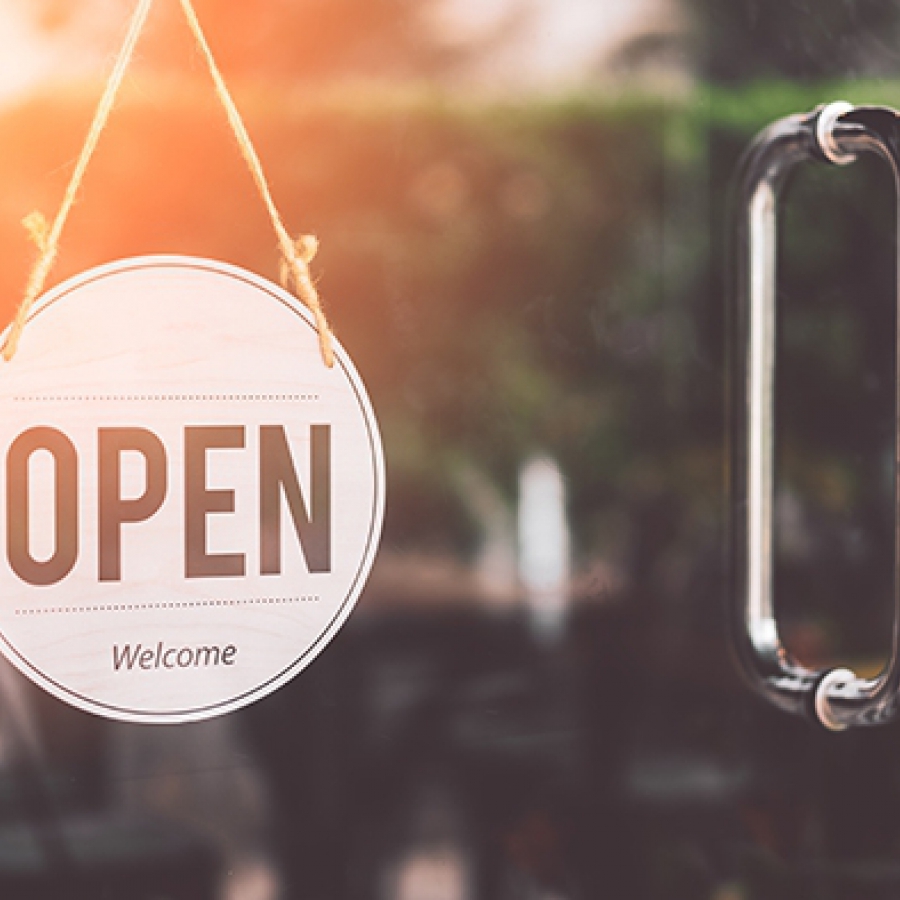
COVID-19
What We Have Learned From the Pandemic, Part 8
By Michael Meyer, Writer/Editor; and Madilyn Moeller, Editorial Assistant, American Med Spa AssociationEighteen months ago, COVID-19 emerged and changed the ...
Posted By Madilyn Moeller, Monday, December 20, 2021

By Michael Meyer, Writer/Editor; and Madilyn Moeller, Editorial Assistant, American Med Spa Association
Eighteen months ago, COVID-19 emerged and changed the way people live their lives. Very quickly, "social distancing" became a familiar term, and how to wear a mask and use Zoom became a way of life. Many in medical aesthetics, and in all walks of life, also have experienced the heartbreak of losing friends and loved ones to the virus. Without question, everyone's lives are significantly different than they were before the pandemic began.
QP wanted to learn how the pandemic has affected medical aesthetics, so in this very special issue, dozens of people who work in and around the industry share what they have learned during this highly unusual time. QP spoke with physicians, nurses, physician assistants, lawyers, finance professionals, vendors, trainers and medical spa owners about how their lives and businesses have adapted—and are continuing to adapt—to the "new normal," and their insights reveal that medical aesthetics is resilient, innovative and strong.
Unfortunately, COVID-19 has not yet disappeared, and new lessons are being learned every day as people come to grips with the evolution of this pandemic. However, medical aesthetics is nothing if not resourceful, and as COVID-19 continues to demand thoughtful responses to difficult problems, the industry will undoubtedly be among the first to change with the times.
"In and Out of Hot Water"


Terri Ross
Founder and CEO, APX by Terri Ross and Terri Ross Consulting
www.apxplatform.com
"Growth happens as a result of challenge and hardship. Sometimes the greatest breakthroughs and innovations come from the most difficult circumstances. If you don't face hardship, it's easy to stay stuck and continue to do things the way you always have. But when everything changes and nothing is the same, you have to decide how you want to spend that time. I was able to look at what Terri Ross Consulting offers, spend quality time with my team analyzing the industry and what challenges our clients face, and use that time to think how we could help more people and practices through education and seize an opportunity, which is how APX was developed."
"Business Surgery"



Jackie Spagnuolo, RN
Beauty Nurse NYC (Staten Island, NY)
www.beautynursenyc.com
"As a small business, the pandemic hit hard. I had just opened before the pandemic hit and immediately had to shut down because of how bad it was in New York. I had to think quickly about how I was going to make money if my services require me to be in person with my clients. I turned to selling my own branded lip plumper to make some money in that downtime. Selling the lip plumper really helped me get through the pandemic without falling too far behind.
"From the pandemic, I learned to be prepared and to plan for anything. Also, I learned to really build up a support system. I was in touch with my clients, making sure to stay interactive and give them tips on how to care for their skin and how to cope with the stresses of the pandemic through social media. Failure was not an option for me."
AmSpa Members receive QP every quarter. Click here to learn how to become a member and make your med spa the next aesthetic success story.
Related Tags
Medical spa news, blogs and updates sent directly to your inbox.

COVID-19
By Michael Meyer, Writer/Editor; and Madilyn Moeller, Editorial Assistant, American Med Spa AssociationEighteen months ago, COVID-19 emerged and changed the ...

COVID-19
By Michael Meyer, Writer/Editor; and Madilyn Moeller, Editorial Assistant, American Med Spa AssociationEighteen months ago, COVID-19 emerged and changed the ...

COVID-19
By Michael Meyer, Writer/Editor; and Madilyn Moeller, Editorial Assistant, American Med Spa Association Eighteen months ago, COVID-19 emerged and ...

COVID-19
By Michael Meyer, Writer/Editor; and Madilyn Moeller, Editorial Assistant, American Med Spa AssociationEighteen months ago, COVID-19 emerged and changed the ...